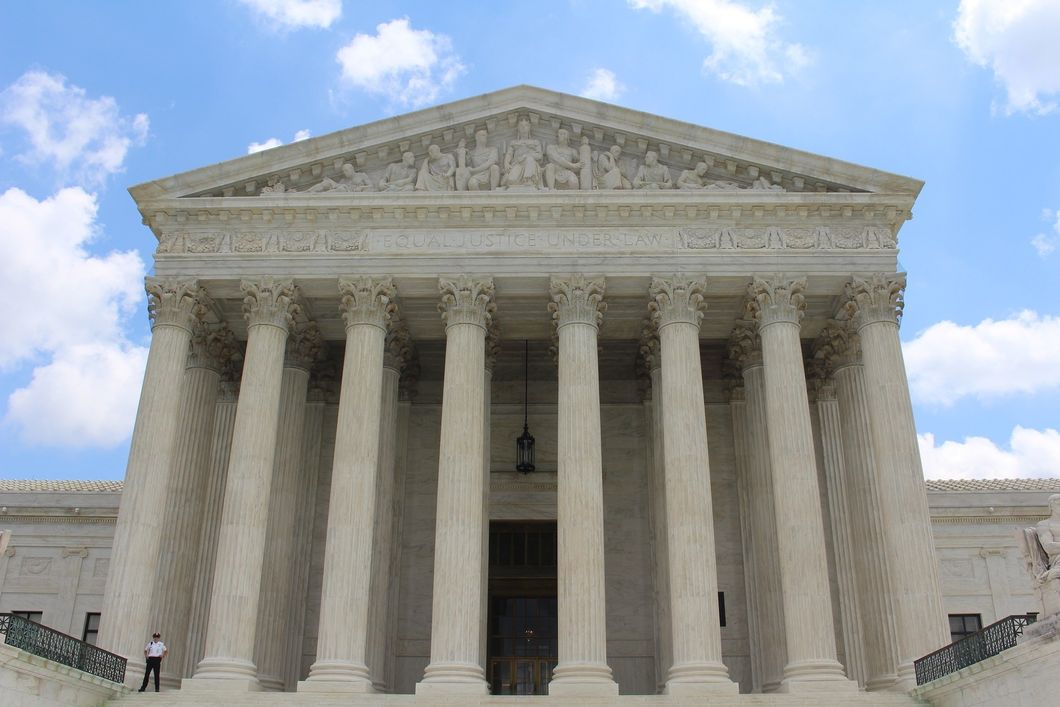With the retirement of Associate Justice of the Supreme Court Anthony Kennedy, Americans again will watch the Senate and the White House make an apolitical process the political event of the year. In the long run, this nomination process will have a much more significant effect on the Supreme Court than when Neil Gorsuch replaced the late Associate Justice Antonin Scalia after he passed away in early February two years ago. In Justice Gorsuch's case, a conservative replaced a conservative, but in the case of Justice Kennedy's retirement, a moderate could be replaced with a conservative that sets the balance of the United States Supreme Court for decades.
An issue that arises from a conservative majority is that this conservative majority will represent a more liberal population in the future. As Millennials begin to represent a larger percentage of the population in the United States, their more liberal policy views will become law at some point in the United States. A conservative majority in the Supreme Court would give a minority party judicial power over the majority.
For example, one of President Trump's top prospects to fill Justice Kennedy's seat is Amy Coney Barrett, a judge on the 7th U.S. Circuit Court of Appeals since October 2017. A potential Justice Barrett would bring heavy religious and gender bias to the Supreme Court. The New York Timesreported that Barrett is a member of a sect of the Catholic Church called "People of Praise." A requirement of this group is being assigned to a kind of life adviser called a "head" for male members and a "handmaid" for female members.
These advisers reportedly weigh in on life decisions such as job opportunities, where to live or which house to buy and parenting tips. The purpose of this adviser is to help with the aforementioned big decisions in life, but another example of a weighted decision would be a vote in the Supreme Court, wouldn't it? Another tenant of People of Praise is the natural authority a man has over his wife and his family. As I've written before, religious bias has no place in the governance of the United States and the last thing we need is to have the rights of women or members of the LGBTQIA+ community to be imposed upon because of the views of a religious life adviser.
From President Trump's list of twenty-five potential Supreme Court nominees, Judge Barrett along with Judges Amul Thapar, Brett Kavanaugh, and Raymond Kethledge have come out on top meeting with President Trump on July 2nd. Many see the Roe v. Wade and the Affordable Care Act at risk with any Trump nominee. Whoever President Trump nominates, any nominee will have their pros and cons, but it will be the Senate that gets the final word on the nomination.
In my opinion, the Senate should wait until the first day of the next Senate term to begin the confirmation process. With a 51-49 match-up in the Senate and the current Supreme Court term finished, the outcome of the midterms could change the outcome of a confirmation vote. After making the American people wait over a year to replace Justice Scalia, Senator McConnell can wait four months for the next one.

















